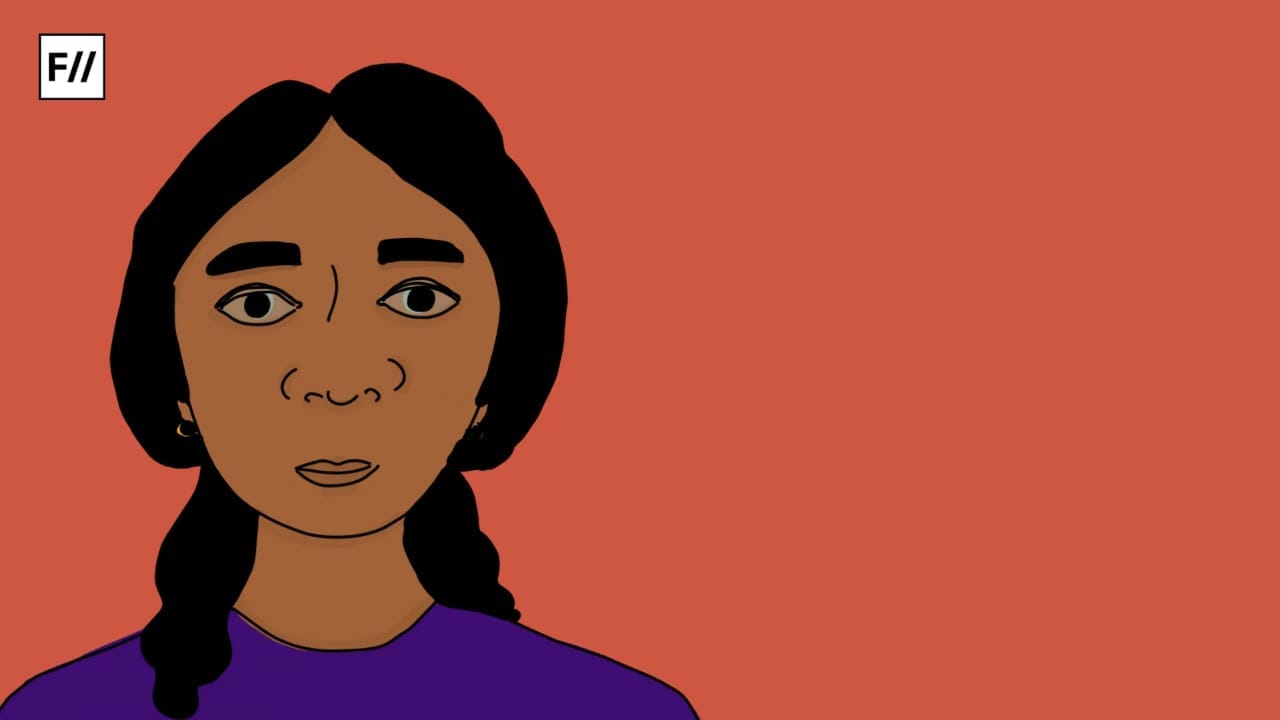Editorial Note: Being Feminist is a fortnightly column that features personal narratives documenting the emotions, vulnerabilities and innermost contradictions every feminist encounters while trying to push through various degrees of patriarchy in private, professional and public spaces.
At the age of thirteen, I was introduced to the term ‘feminism‘ by my first cousin who had recently graduated. Something about the confidence with which she often said, “I am a feminist“, made me wonder what the term truly meant. Why was she so proud of referring to herself as a feminist and why was it only her and not I who could be one? Looking at her, I decided that I too wanted to do whatever it took to be in a position where I could declare proudly that I identified as a feminist.
Moving forward, I began observing my cousin more closely which wasn’t exactly difficult considering she had shifted to my city to pursue her master’s degree. Feminism, in her words, was travelling in the general compartment instead of the one reserved for women in the Delhi metro, not taking entrance examinations where the registration fee for female students was less than that of the male ones and not engaging much with Delhi—well, mostly North-Indian—girls as they were too “loud“.
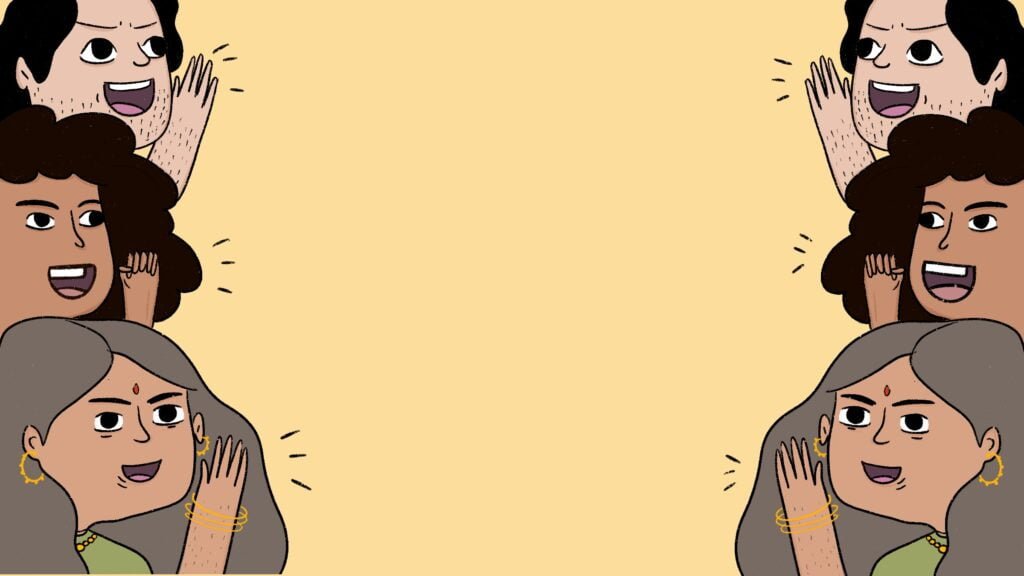
While all of these did leave me feeling deeply unsettled, something good that came out of emulating her was that I was soon able to point out how misogynistic Yo Yo Honey Singh’s song lyrics were and how problematic Kapil Sharma’s comedy tropes were, as well. Thus, as an eighth grader, I could tell myself that I was “not like other girls” just because I no longer consumed the same media content as the ones who surrounded me.
To impress my cousin further, I started reading more books—mostly Agatha Christie’s crime novels. I also made it a point to sound smarter in kitchen table conversations by becoming more politically aware. However, within a few months of changing my entire persona for her, I realised that she would never see me as her equal; I would, at the end of the day, be nothing but a “loud” Punjabi girl to her. That was when I began hating the concept of being a feminist altogether because it appeared to me that I needed to belittle and patronise other girls in order to pass as one.
Over the years that followed, there were numerous discussions in the Indian media about the women’s liberation movement. While Vogue India was being criticised for its video which, according to many, equated gender equality to misandry and Bollywood films with strong female leads were also finally being created.
Also Read: ‘Does Being A Feminist Mean I Cannot Enjoy Jokes?’: Responding To Sexist Humour While Being Feminist
Around that time, I began realising that I had been fed a lie about feminism—it had nothing to do with me having to consider myself as someone who was superior or different from other girls. It was also not an aggressive ideology as many people around me had made it out to be. As Emma Watson stated in her speech for the HeForShe campaign, “it is not the word that is important, it is the idea and ambition behind it”. I, thus, understood that I didn’t need to use the label of a feminist to assert myself in school; I could do that by remaining clear about my personal values, instead.
By the time I was in high school, I had a clear idea about what being a feminist was not necessarily supposed to entail. However, I still felt extremely hesitant and unconfident when it came to openly calling myself one. Luckily, I was in an all-girls boarding school at that time and was far away from the people and ideas that could stop me from unlearning all the misconceptions I had about feminism. One of the key moments when I finally began gaining more confidence was when I got selected for a national-level debate after sharing my ideologies with a few English teachers at my school.
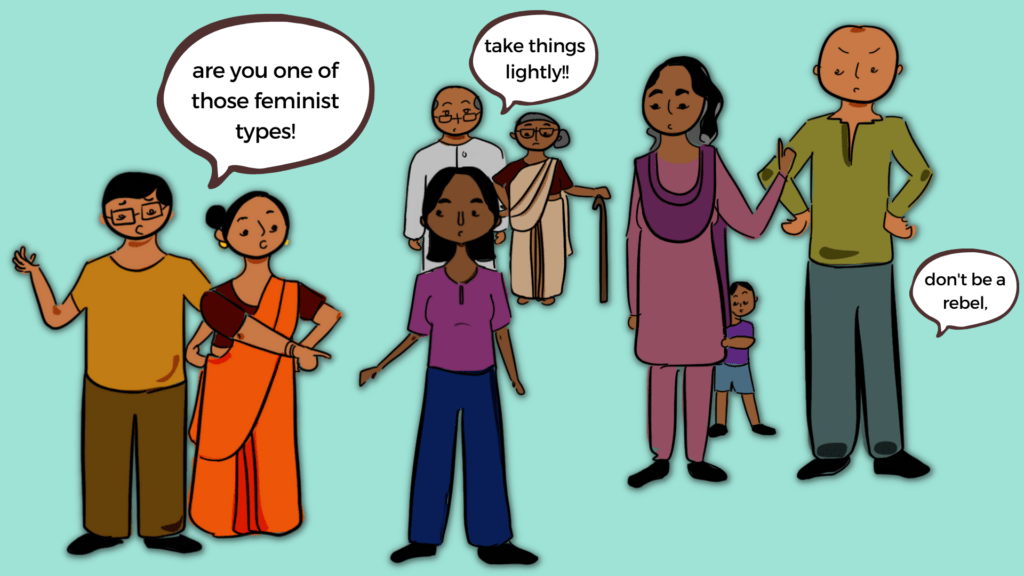
My thoughts were quite simple and stemmed from personal examples of incidents where I had witnessed my mother’s school and college friends saying harsh things to her solely because she had changed her last name after marriage or because she would choose to fast for my father on Karva Chauth every year. My opinion on these issues was that such choices did not make her any less of a feminist. It was, thus, unfair for people to dismiss all her struggles and achievements by limiting her to these identity markers.
As a school girl, however, the ideas I had about feminism were very much limited to the books I would turn to—mainly written by Indian women authors such as Sudha Murthy, Jhumpa Lahiri and Chitra Banerjee Divakaruni—and the conversations I would have with people every time I’d represent my school for debates. Most of those talks would start as idle chatters but would eventually turn into heavy discussions.
It was during one such tête-à-tête that I came out as queer for the first time after denying that part of my identity throughout my teenage years. Things, after that, most certainly changed for me completely.
Throughout my time in boarding school, I found myself complaining about the ways in which we girls were treated differently from the students of an all-boys school ten minutes away from ours. While they were allowed to have laptops and Instagram accounts as a result of that, we were only given an hour every week to email our families and friends. Even though school was good for me in a lot of ways, I soon realised that it wasn’t conducive enough for someone like me who identified as queer. Somehow, that caused me to silence myself because I feared being outed publicly—after being outed in smaller groups multiple times—and worried about how that would impact my remaining experiences in school. Perhaps, that is what made me suppress my queer identity even when I joined the university.
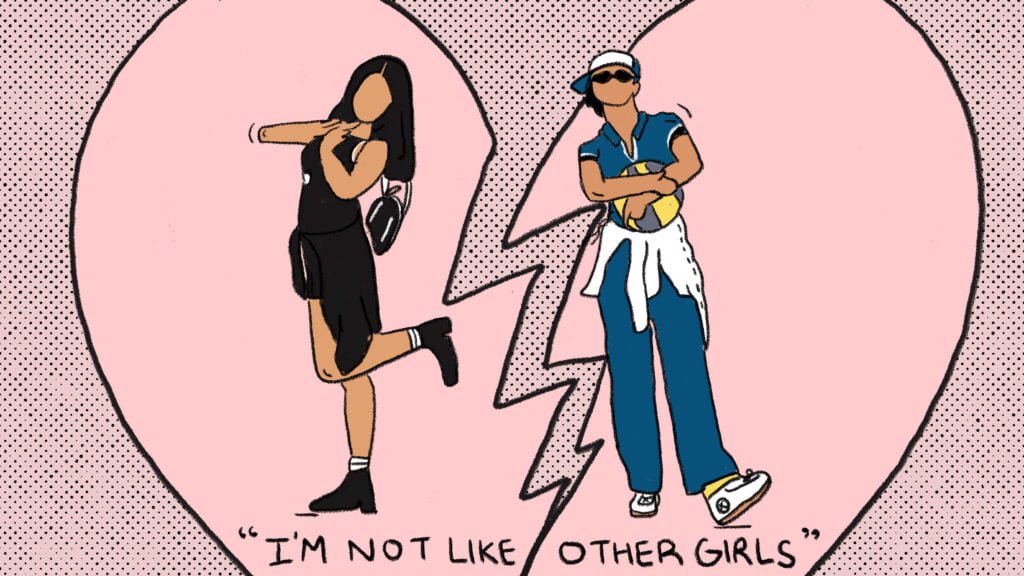
Coming from a space that hadn’t allowed me to embrace my sexuality, it was certainly not easy for me to be open about it as an undergraduate student. However, something that worked for me was that I finally knew I identified as a feminist. Of course, there were countless things that I needed to unlearn and relearn—still do—but, nonetheless, I could join the feminist collective of my university even if it was during the pandemic.
When many of us were busy figuring out who we were during the first covid lockdown in 2020, Divyangna Trivedi released her video against feminism. That made me recognise the fact that there were still multiple people—surprisingly, grown-ups—who continued to have the same misconceptions about the ideology that I’d had as a thirteen-year-old. Soon after, another issue came to light when JK Rowling published a transphobic essay on her website that led me to understand another thing about feminism—trans women needed and deserved it much more than I did.
Also Read: Navigating Through The ‘Marriageable Age’ As An Only Child While Being A Feminist
During my time at university, I found feminism in the smallest of acts that the ones around me committed. I saw a feminist in a senior who guided me through a sexual harassment proceeding without having met me even once. I identified one in another person who, in spite of having been at loggerheads with me, supported me when I felt threatened. Feminism, to me, suddenly started meaning support and solidarity which clearly contradicted what my cousin had made me believe or what Divyangna Trivedi had felt the need to criticise.
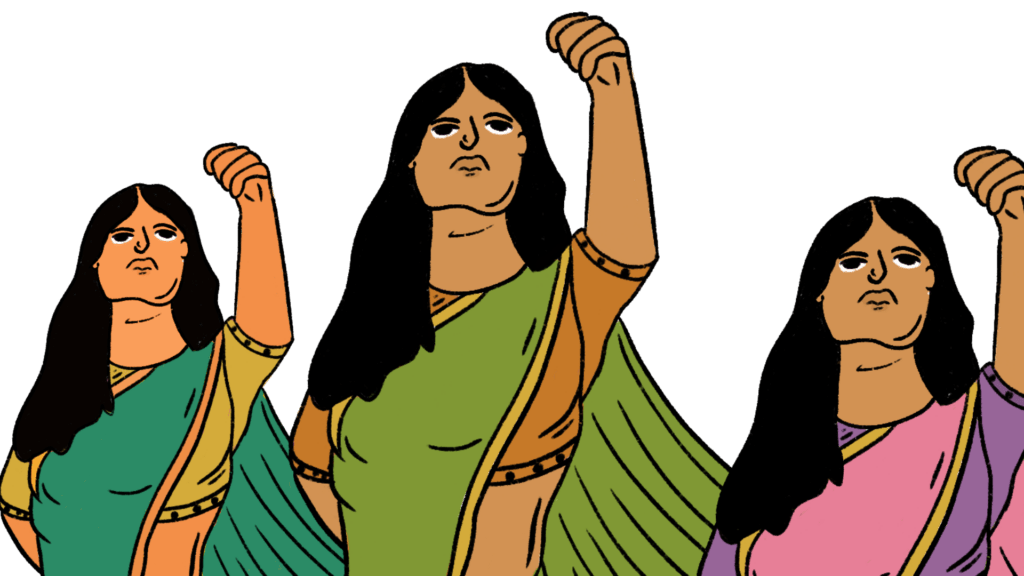
I don’t exactly remember how and when my voice—at least in terms of my writing—became stronger, but what I do know is that I eventually stopped watering down my opinions just because people considered them to be “aggressive” or “too strong”. Exactly a year back, one of my opinion pieces on a Bollywood film went viral and that made me realise how even feminist perspectives could become mainstream, much like the misogynistic ones that we are all well aware of.
Currently, as someone who is in grad school, I am cognisant of one thing—feminism exists in all spheres of our life and is an everyday thing. Being involved in activism and having knowledge of feminist theory can be aspects of one’s feminist identity, but they are definitely not replacements for decent behaviour.
About the author(s)
Upasana is a master’s student at SOAS, University of London where she is pursuing a degree in South Asian Area Studies. She is an avid blogger and a film reviewer which means that she is currently struggling to balance her time between Netflix and her grad school commitments. When not reading, writing or binge-watching something, she can be found having deep conversations with her close friends or complete strangers about the most random things under the sun.





